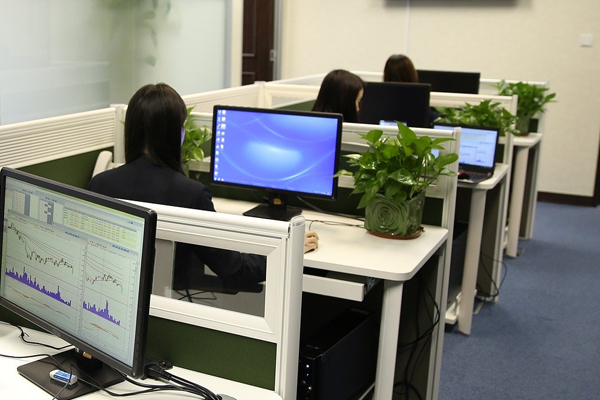The hybrid workplace is here to stay and 75% of US C-suite and leaders are no longer expecting to return to traditional office ways of working, confirmed Ernst & Young. Yet they are not creating policies for long-term hybrid success.
According to EY’s latest report, 72% of office-based organisations are currently working in a hybrid environment; and 75% of respondents anticipate they will not have any one dominant work location going forwards. EY’s inaugural Future Workplace Index, which tracks executive sentiment and behavioural data around the workplace of the future, has revealed that the future of work is hybrid. In other words, historically office-based workforces will work from the office and remote locations at any given time; and, for many, the traditional role of the office will become obsolete. The data points to a new reality. How we work has fundamentally changed; and the office workplace will likely never go back to a traditional nine-to-five, in-office schedule.

HYBRID FRAMEWORKS & GUIDANCE
“Though hybrid work is here to stay, the C-suite isn’t creating the policies necessary for long-term hybrid workplace success,” stated Mark Grinis, EY Global Real Estate, Hospitality & Construction Leader. “We know the pandemic’s effect on future workplaces continues to be substantial. The Index reveals there is a critical gap; and guidelines are needed to maximise sustained workplace success in a hybrid environment.”
When it comes to the future of the workplace, “leaders need guidance and are looking for hybrid frameworks; but there is no one-size-fits-all solution to help companies navigate these complex decisions”, added Francisco J Acoba, Principal, Strategy and Transactions, Corporate Real Estate Consulting at EY. “Office-based companies should implement processes, protocols and technology in the near term to effectively enable and monitor safety and health practices; use of physical space; and hybrid collaboration across their organisations.”
FUTURE HYBRID WORKPLACE
Other key findings from the report, revealed that:
- The future is hybrid: Employee flexibility (eg choice of work location) has evolved. What used to be a universal perspective on “the right place” to undertake a given role has shifted; 87% of companies said the pandemic has changed the role of the office for their organisation.
- Productivity has increased: According to 57% of business leaders, productivity is better today than it was pre-pandemic. Companies have found ways to enhance productivity under different working models.
- Company culture has actually improved with hybrid work: 70-85% of respondents said their current setup is as or more effective than pre-Covid-19, with productivity, culture, wellbeing, and operations and processes ranking as the four most improved areas. Around 83% of companies that said their culture has improved currently have less than 50% of their staff full-time in the office.
- Small to mid-size companies are finding it easier to adapt and thrive in a hybrid workplace: This is particularly the case in the technology and banking sectors; where large firms are finding their current setup less effective than their smaller peers.
For more information about the EY Future Workplace Index, click here.
Employee job satisfaction is linked to flexible and hybrid working models, according to another recent study. Click here to read more.








































